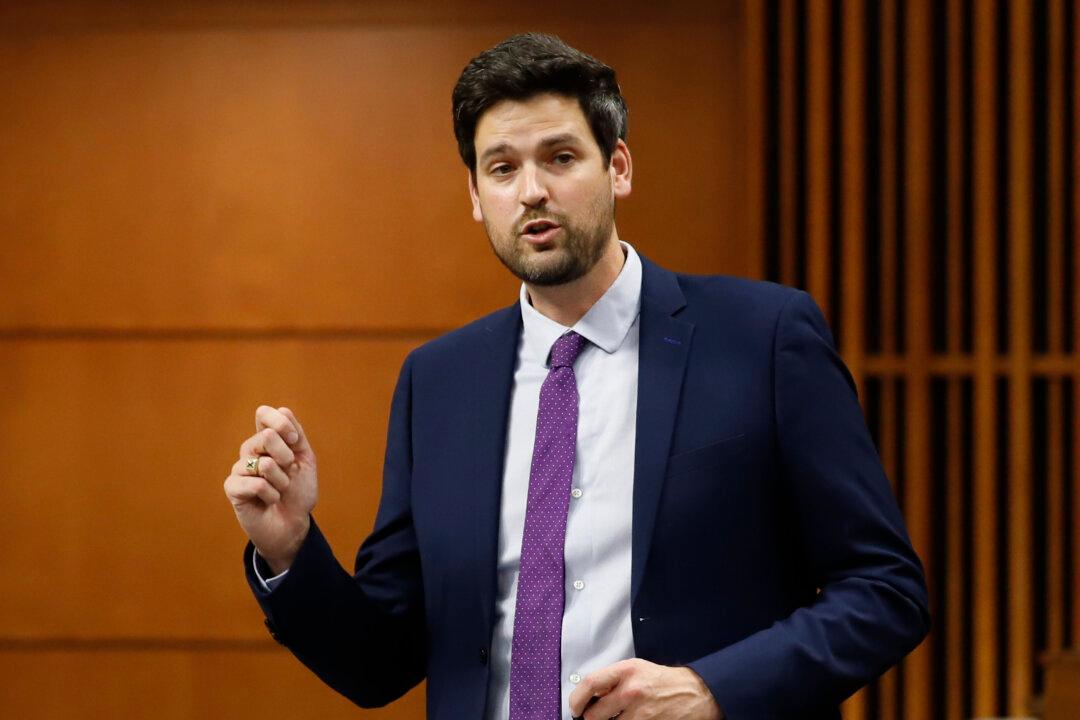As Canada’s population reaches the milestone of 40 million people, economists and housing experts are warning that accelerating immigration numbers could strain the country’s housing market and health-care system.
“My first reaction is that it’s great for the people coming to the country, but maybe it’s not so great for the people in the country,” Frank Clayton, a senior research fellow at the Centre for Urban Research and Land Development at Toronto Metropolitan University, said in an interview.





